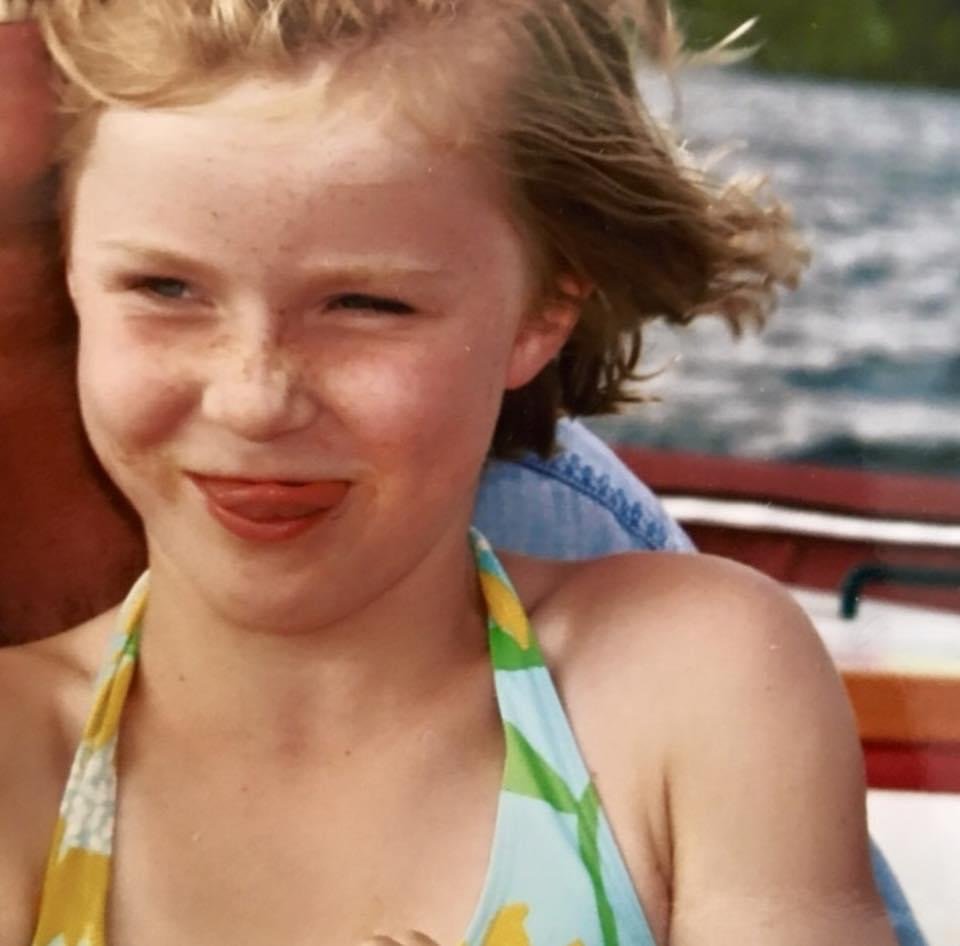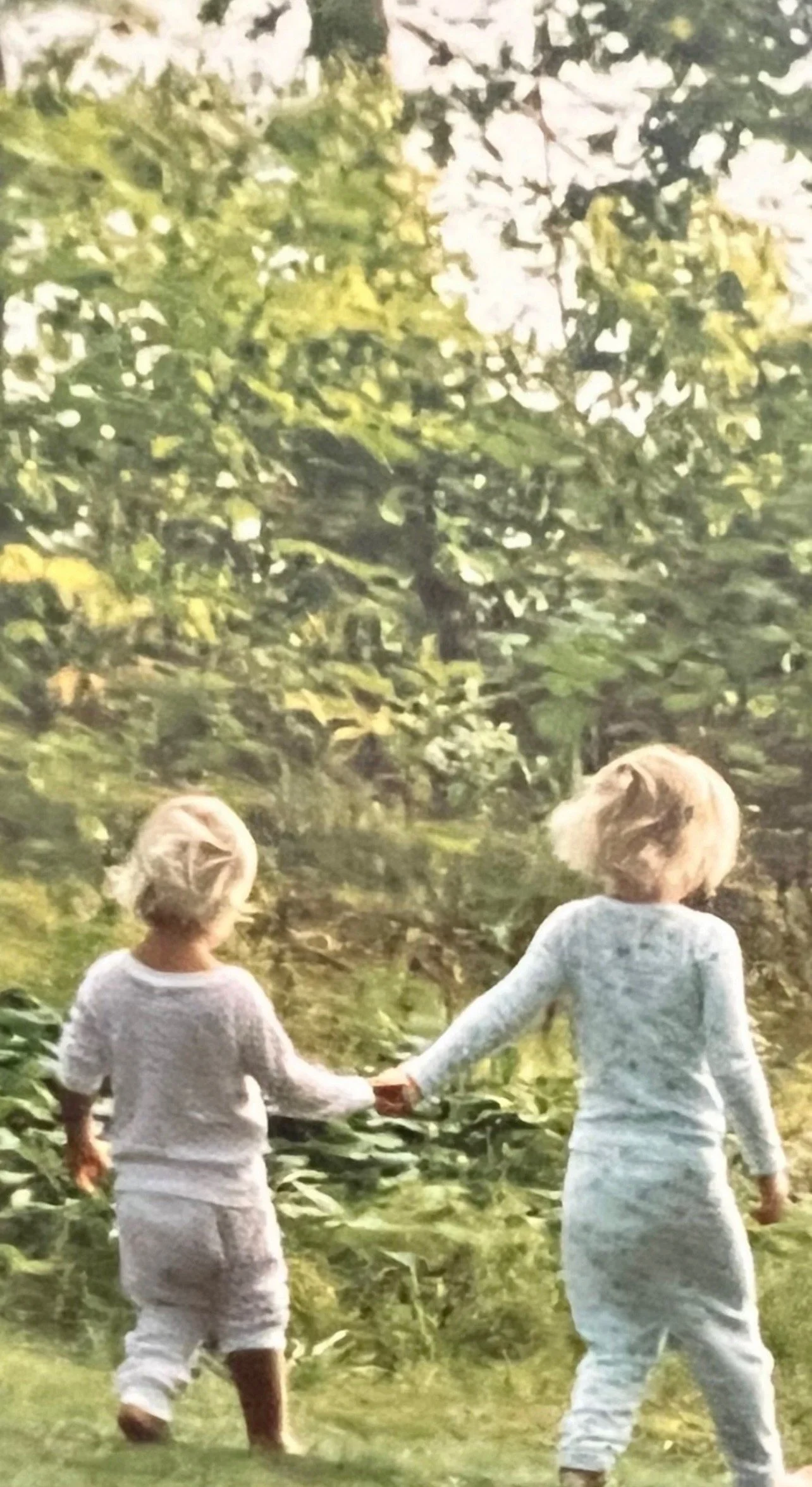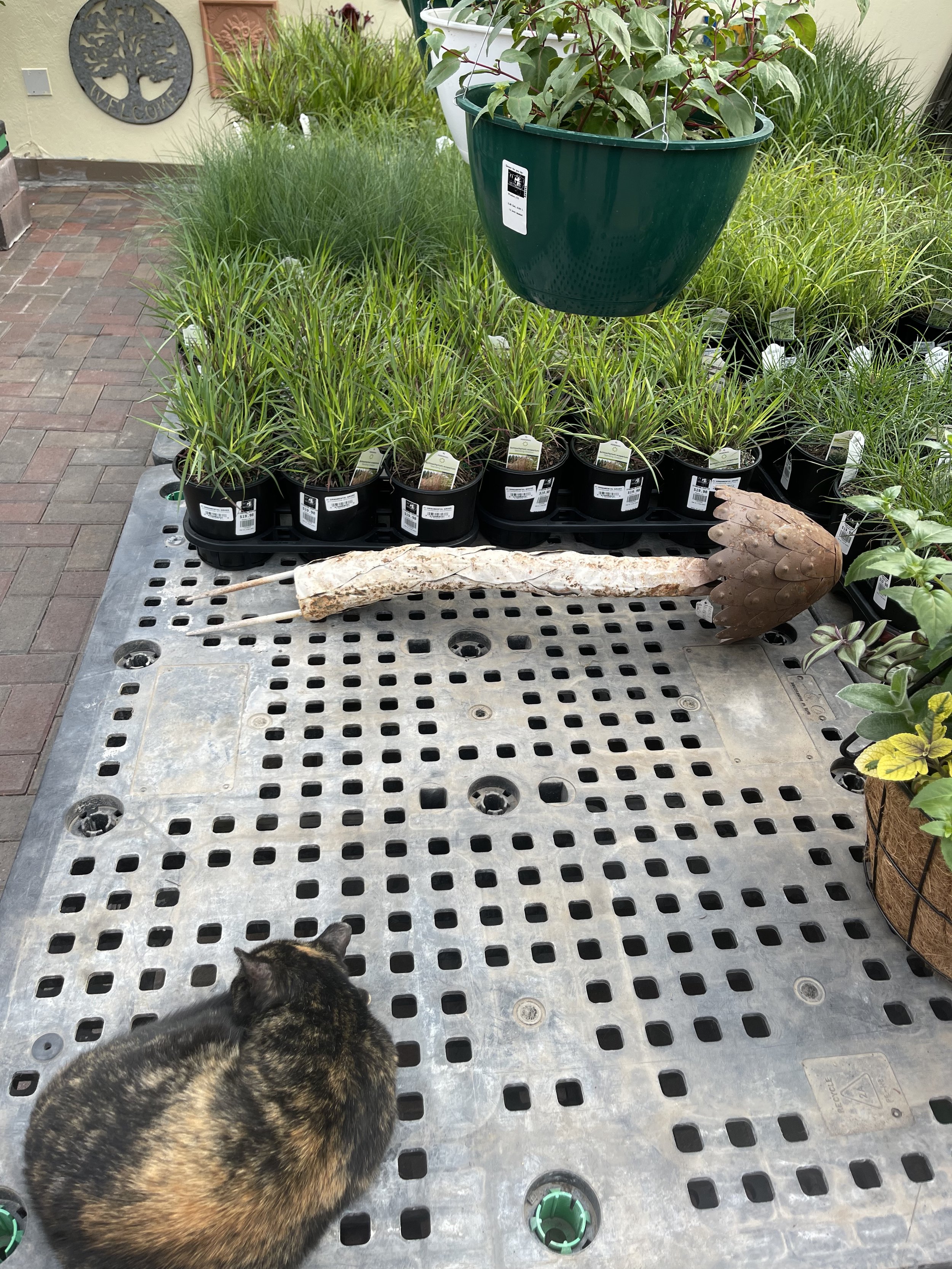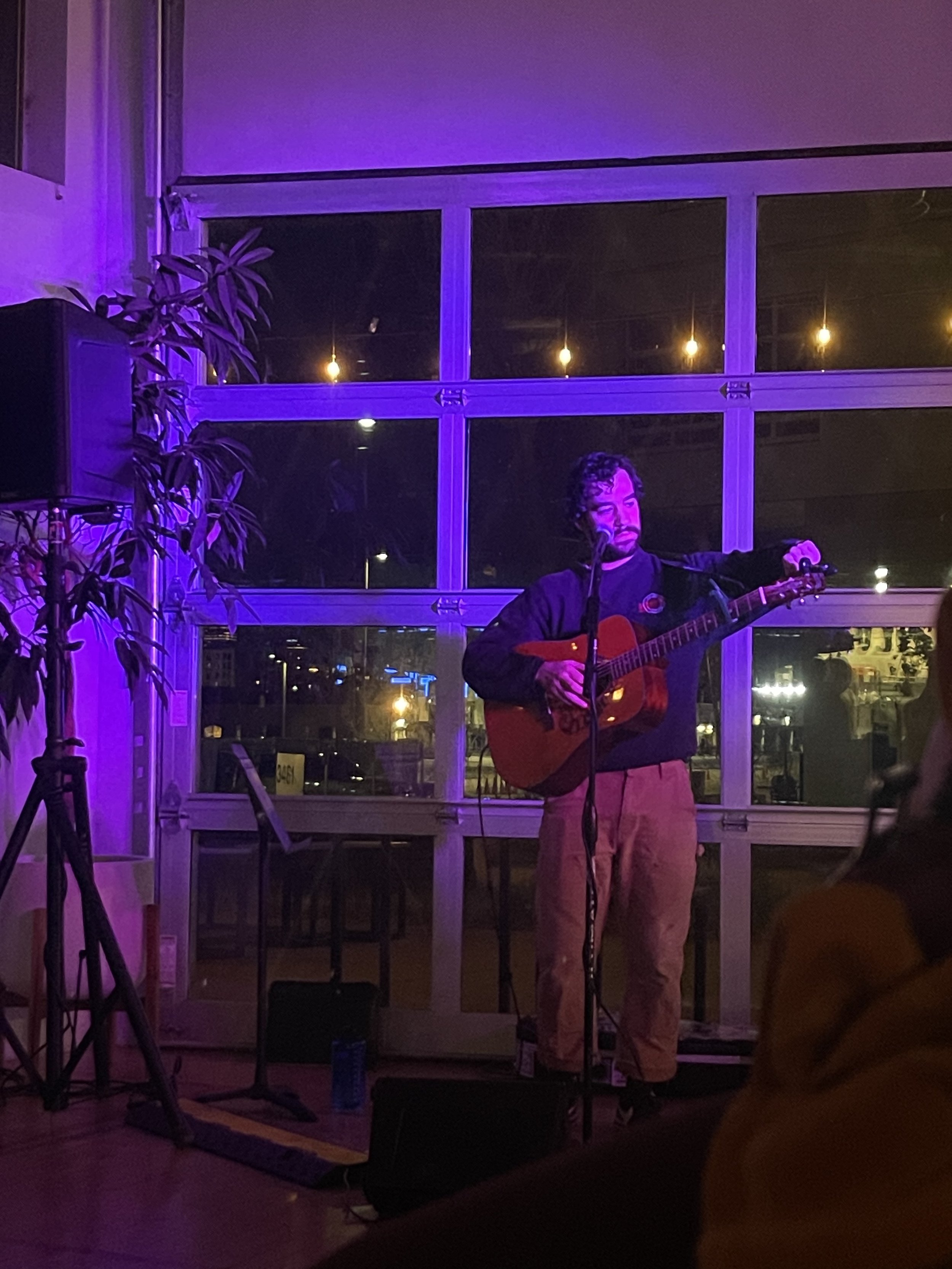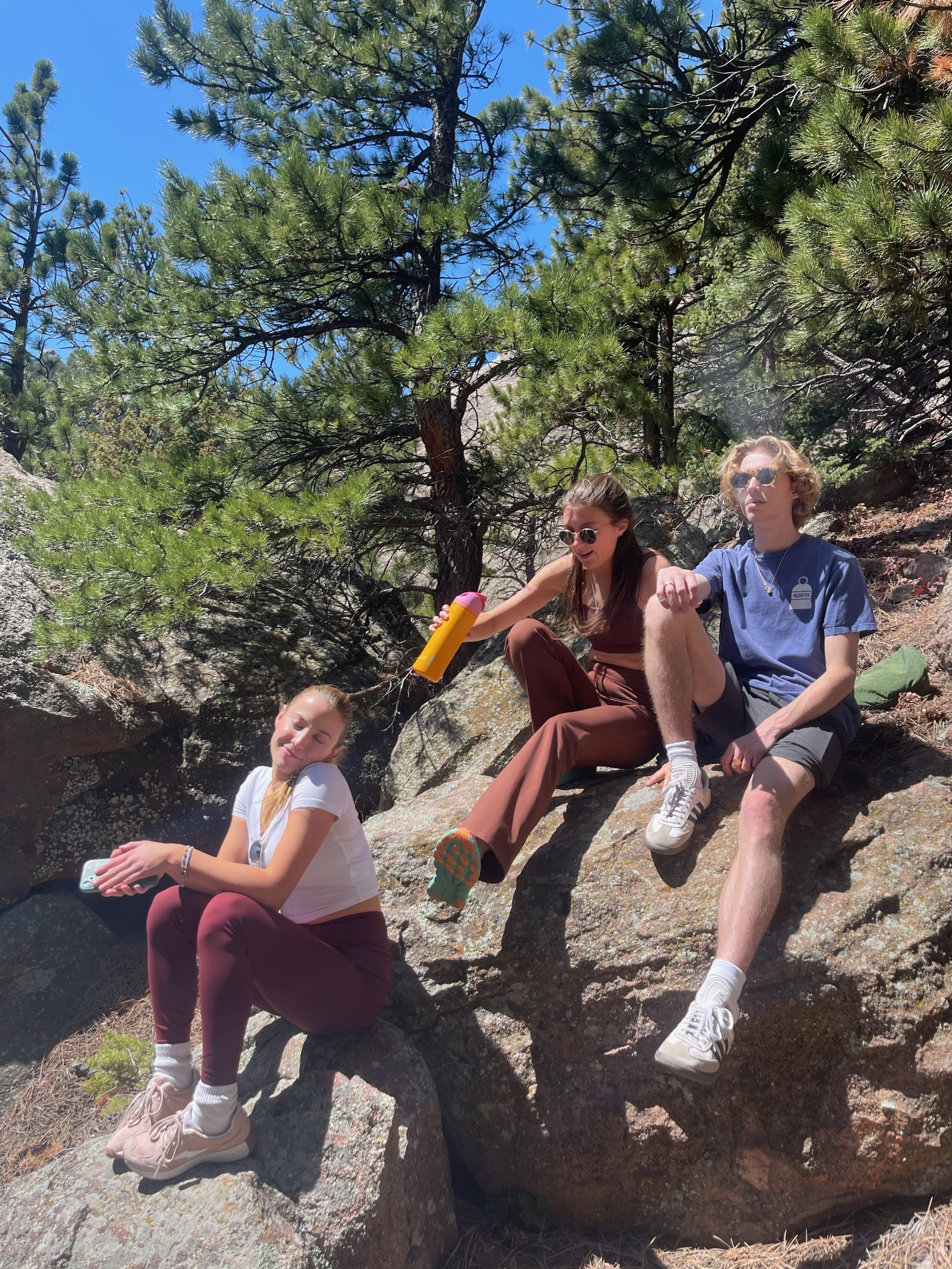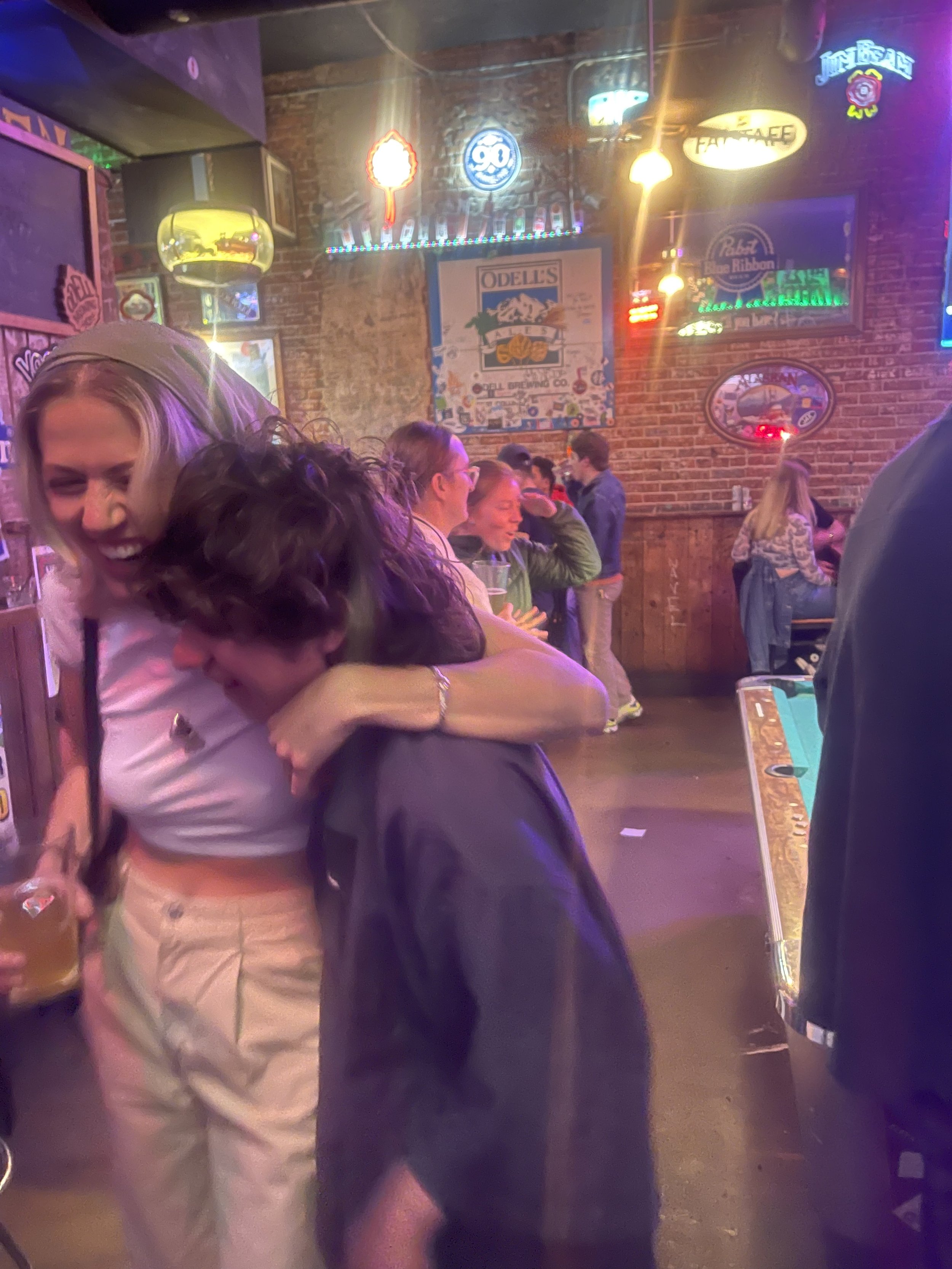I think it started with my childhood dog.
I would spend day after day and
nights stacked on nights
crying at the thought of the day she’d die,
agonizing over each whisker gone gray.
I’d routinely hold her healthy body in my arms
and we’d commiserate over her impending death
on the kitchen floor weeping over her distant fate
in the golden years of her life.
And then when The Day came
and the Bad Thing finally happened
I waved goodbye from a distance
as her aching gray body was loaded into the trunk
and I looked away as her soft brown eyes searched for mine.
I stayed home when she went.
Afterwards, I stared at her threadbare bed with dry eyes.
Then I went on a walk and moved on within the mile.
I can recall it again from when I had my first love.
Too young, I’d sneak into the yard and sit in the soft rain
and fantasize about all the ways he could hurt me.
I would write pages of bad poetry
about the miserable ache of betrayal not yet felt
and grieve love lost before it had begun to go,
and I’d channel the profound agony of Plath and Poe
in the tender age of teenagerdom.
And then when The Day came
and the Bad Thing finally happened,
I cut ties from a distance
and hence heeded polite tie-cutting scripts,
As my illusions of trust first began to unravel
and as my perception of self began to wobble.
Afterwards, I stared at the mirror’s new reflection with dry eyes.
Then I went to a friends’ and laughed at reality TV.
I think maybe pain was meant to be experienced
like a film on the big screen or a rich song on vinyl.
Not muted or quelled, nor stomped out,
and please god no, not spoiled
by peeking ahead in the story and
trying it on for size prematurely.
And so I ask god, grant me well-timed tears
for when shit hits the fan,
wet eyes and ample angst when the Bad Thing comes,
but not a moment too soon as to ruin the ending -
grant me patience for pain.
Please, grant me patience for pain.

